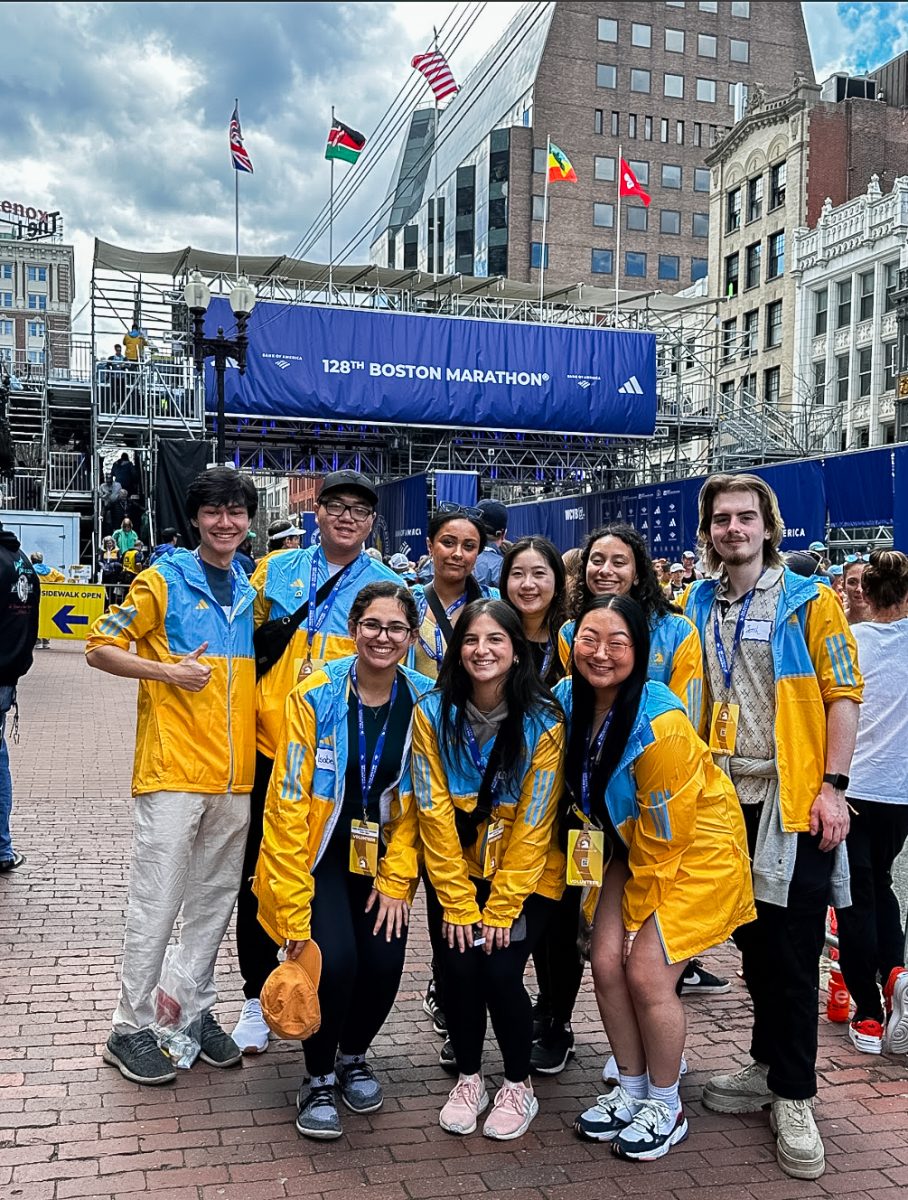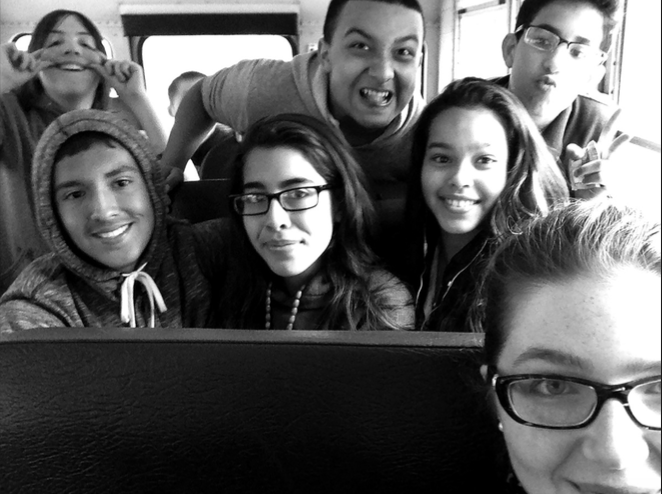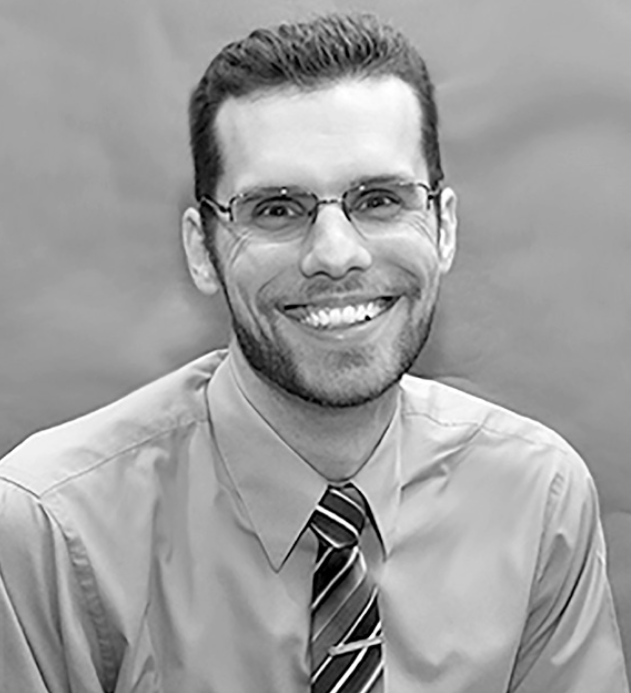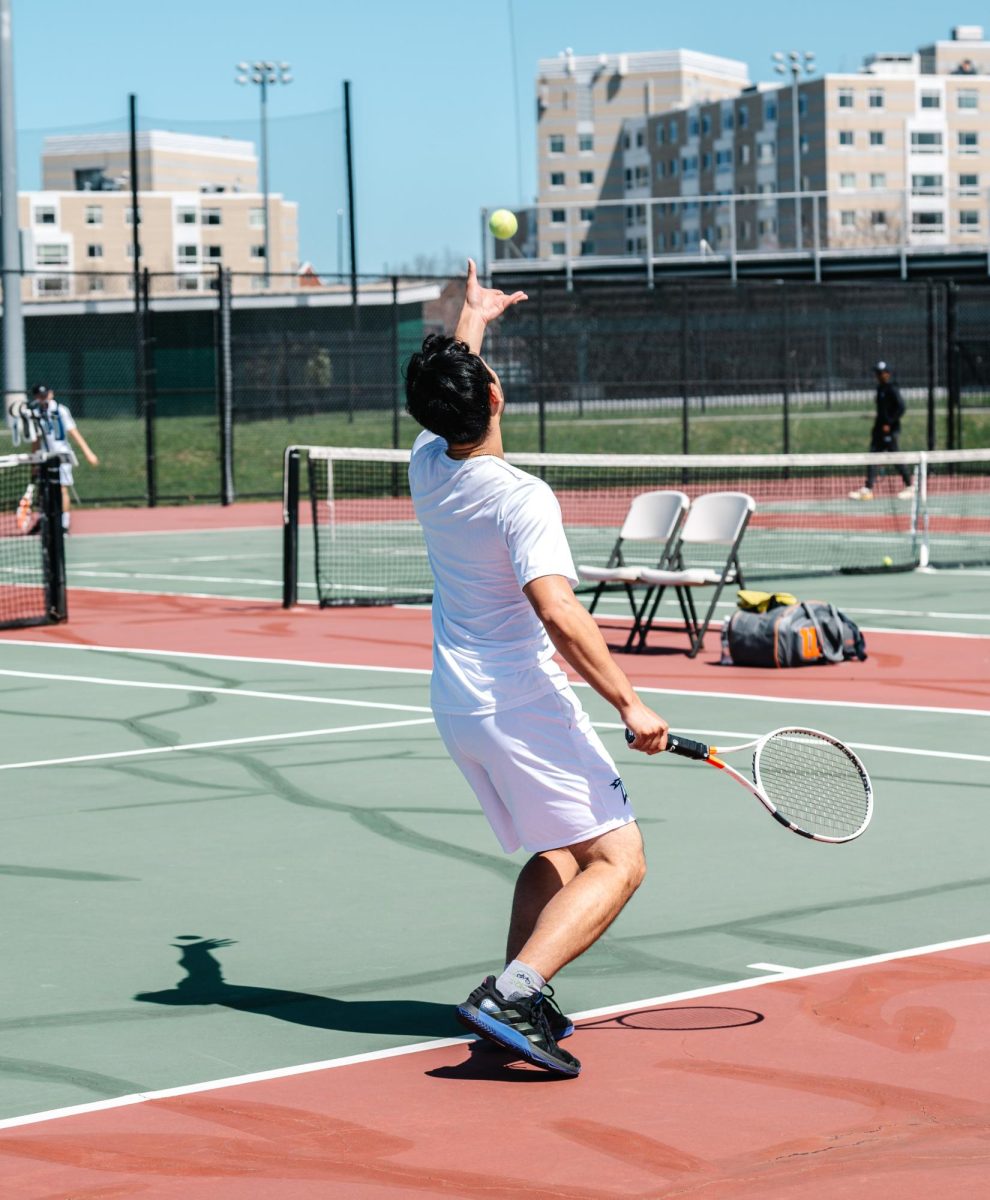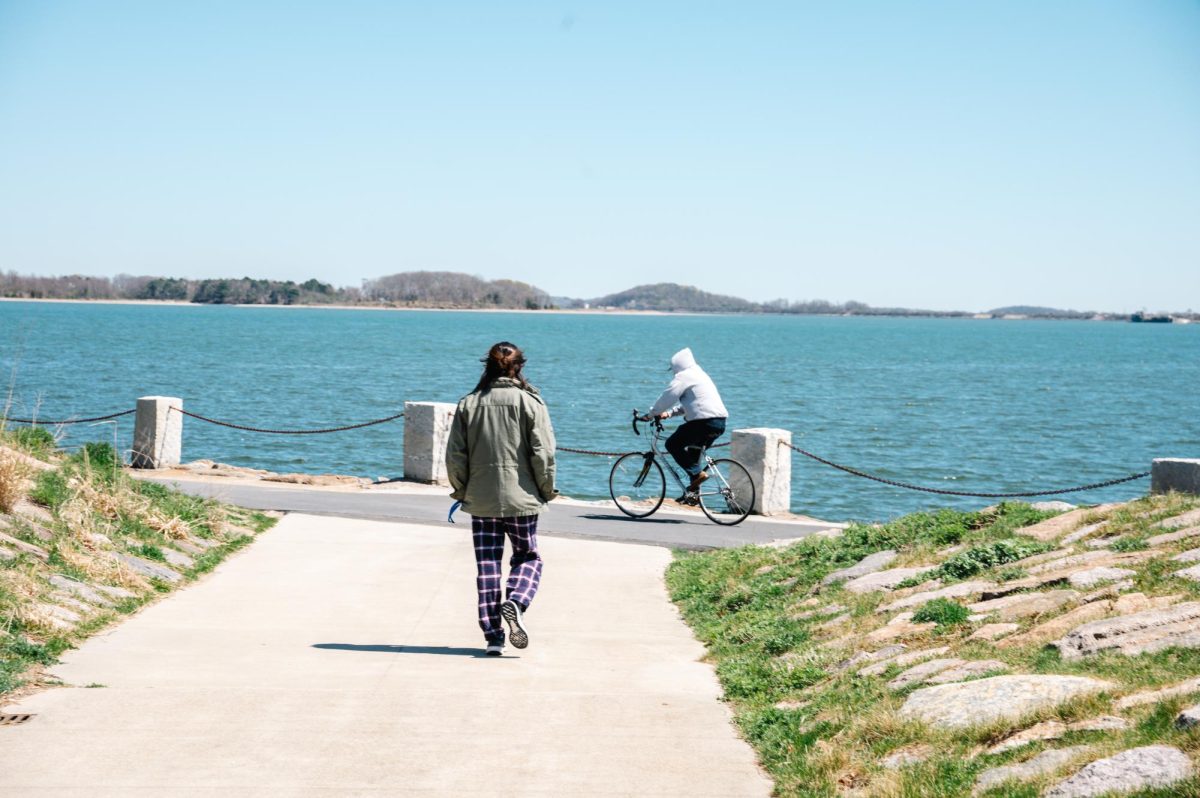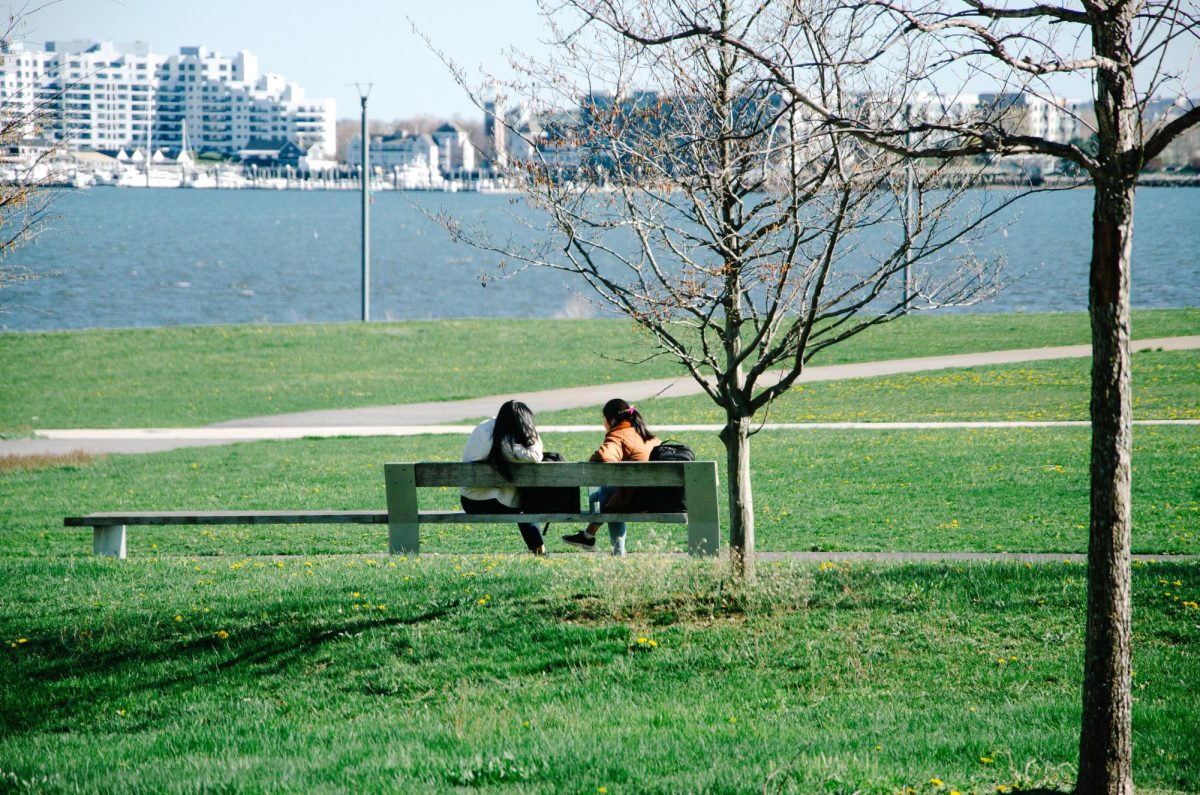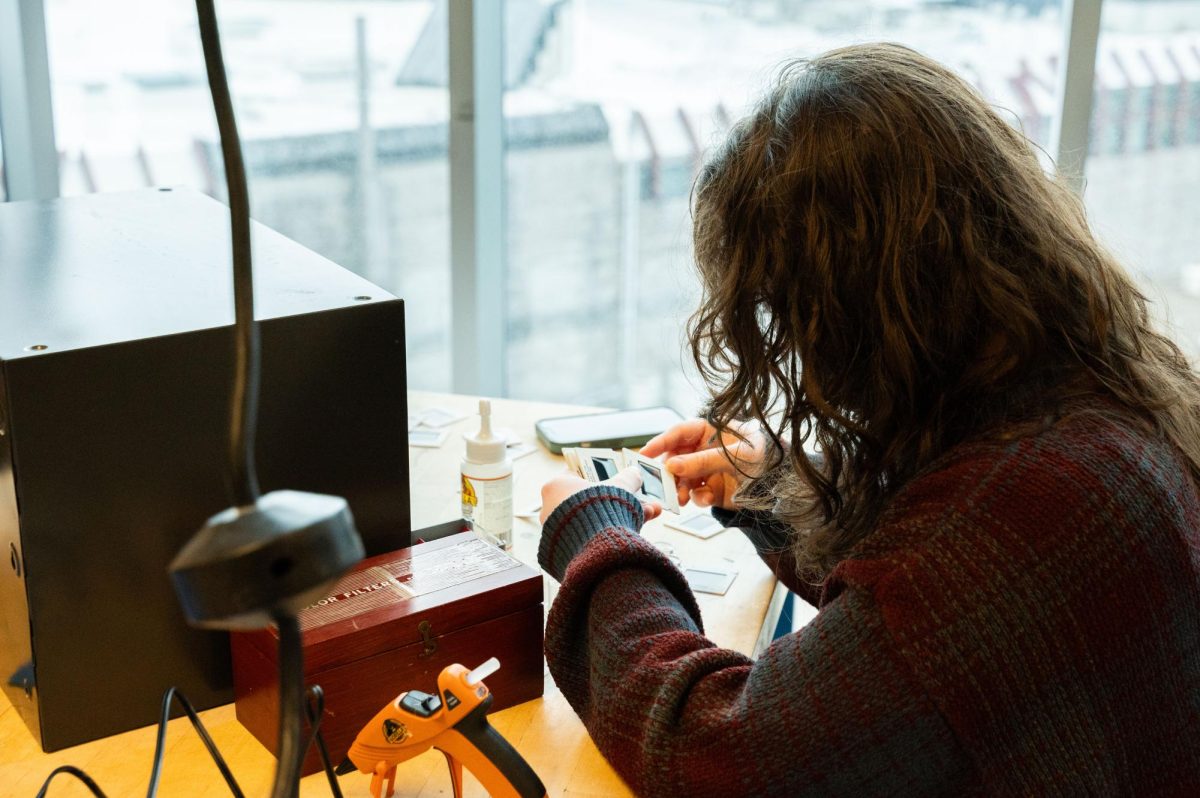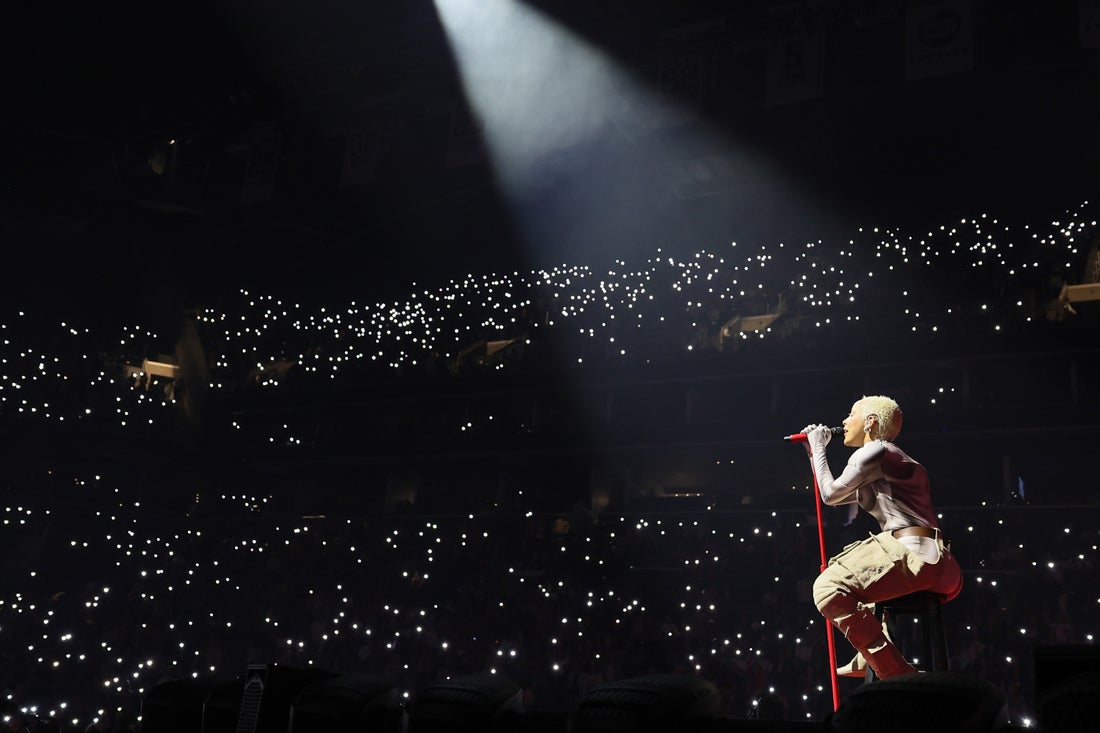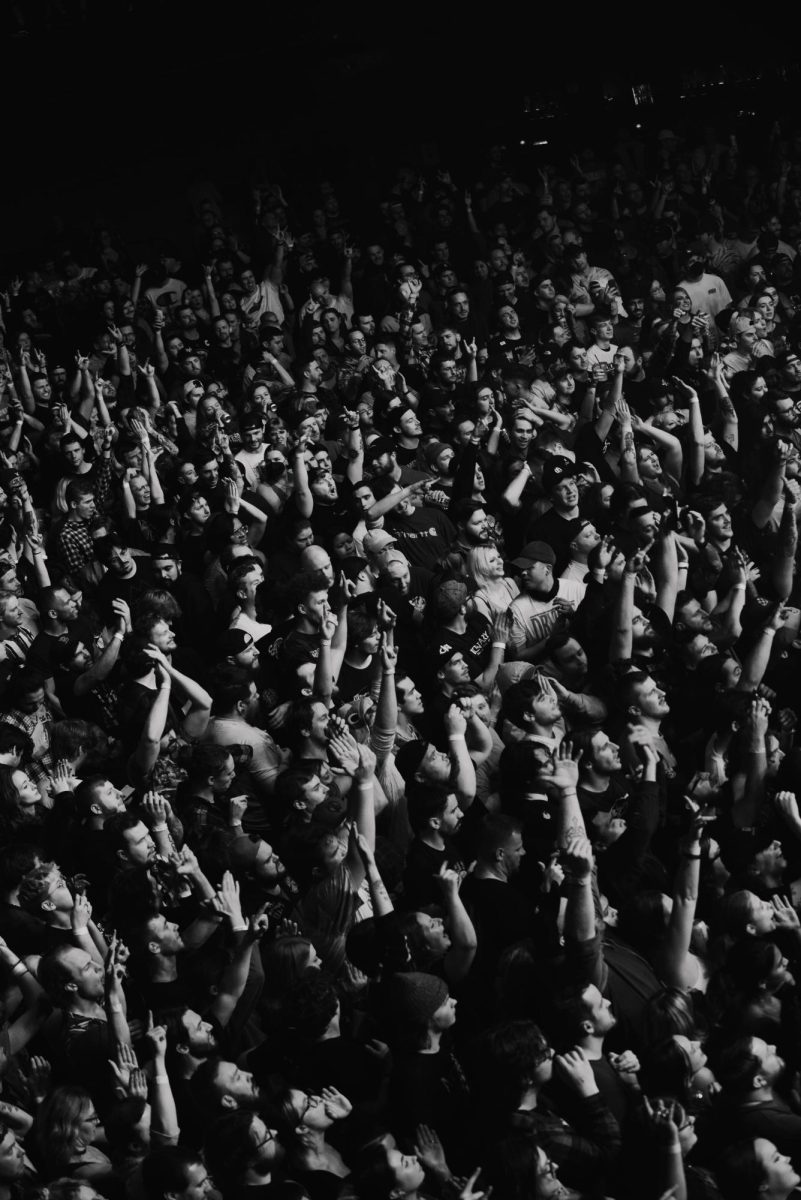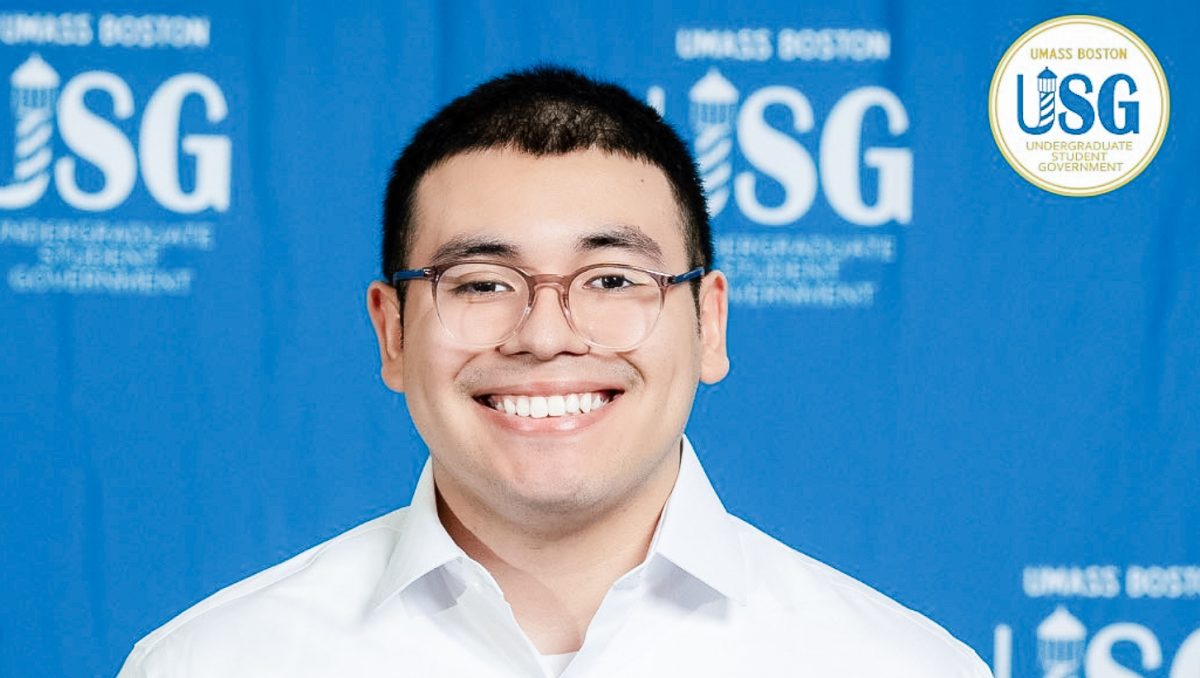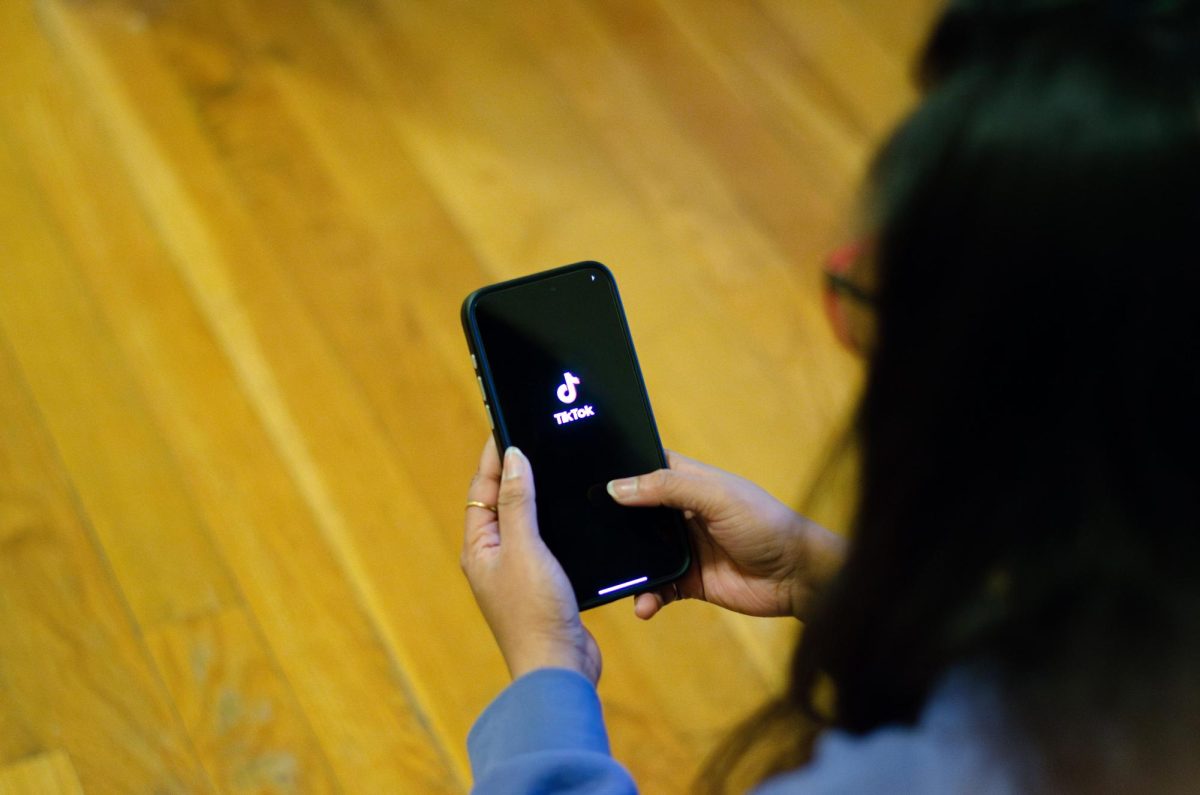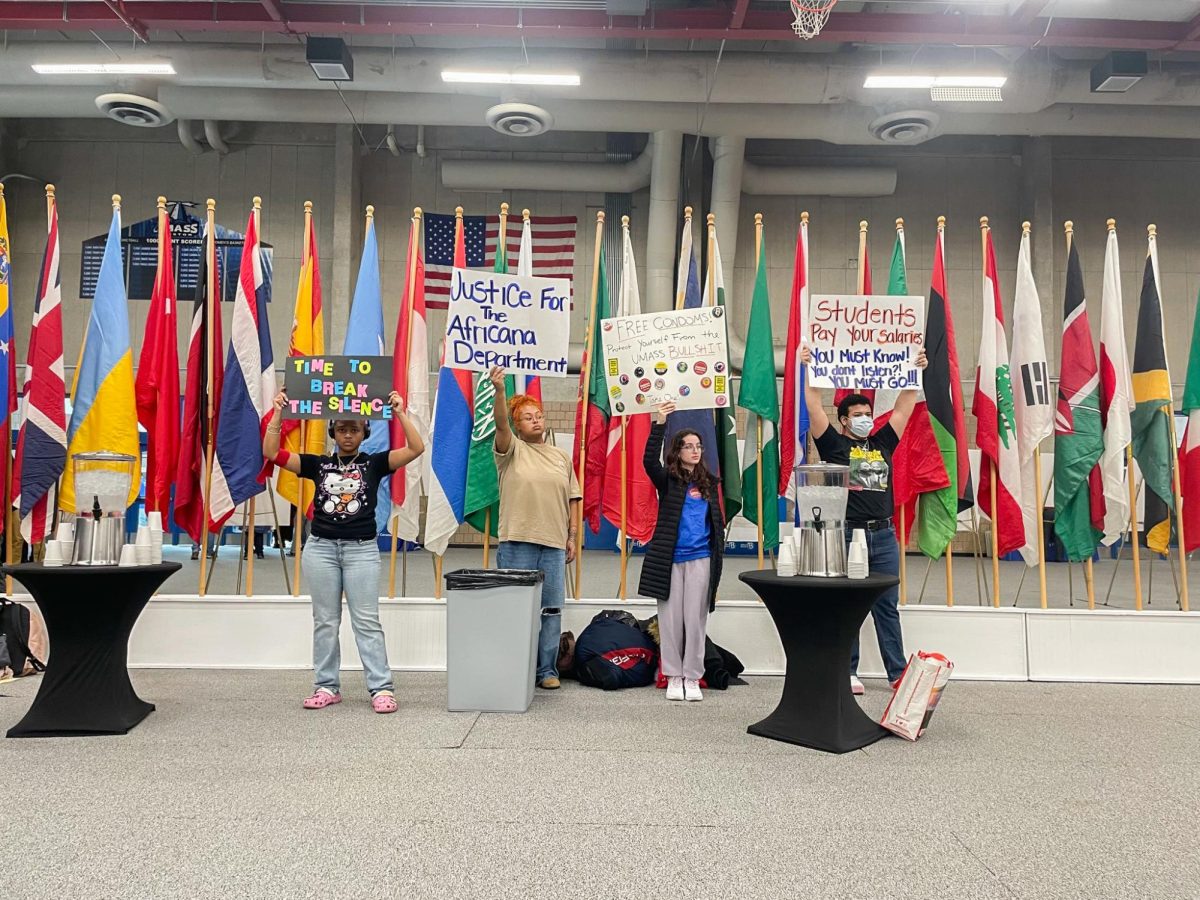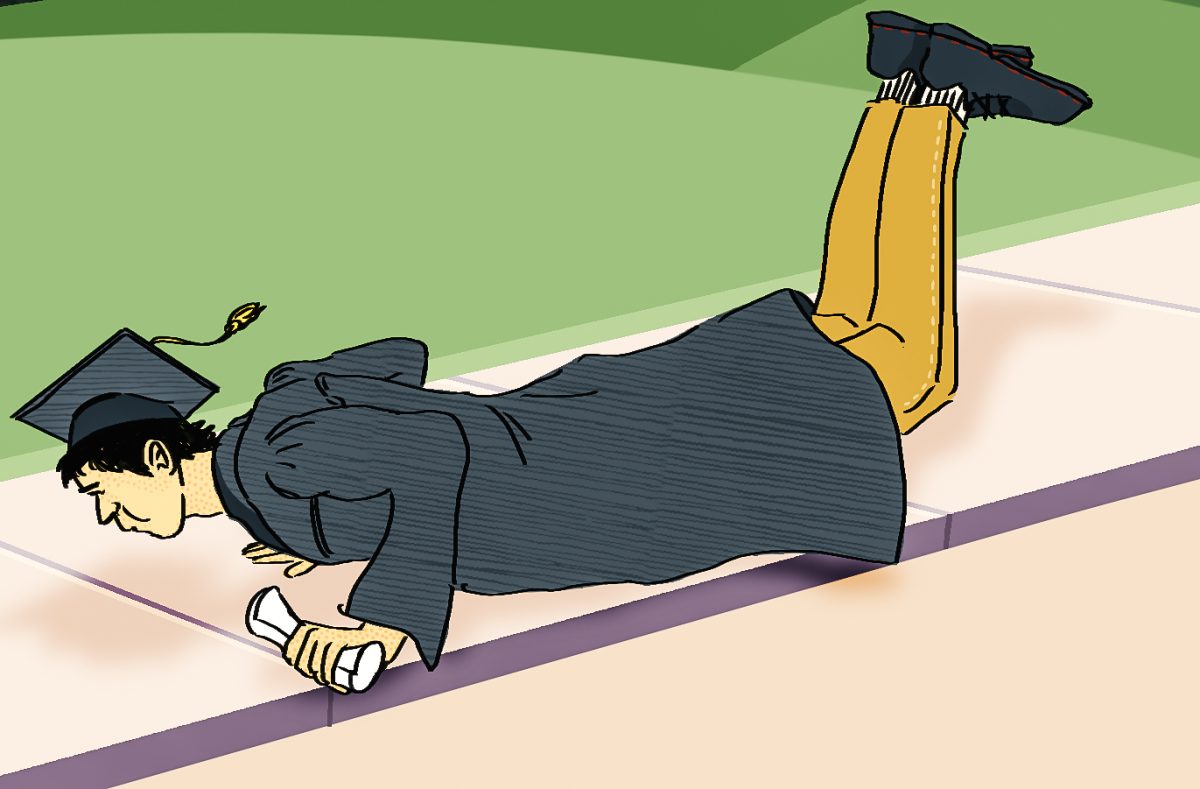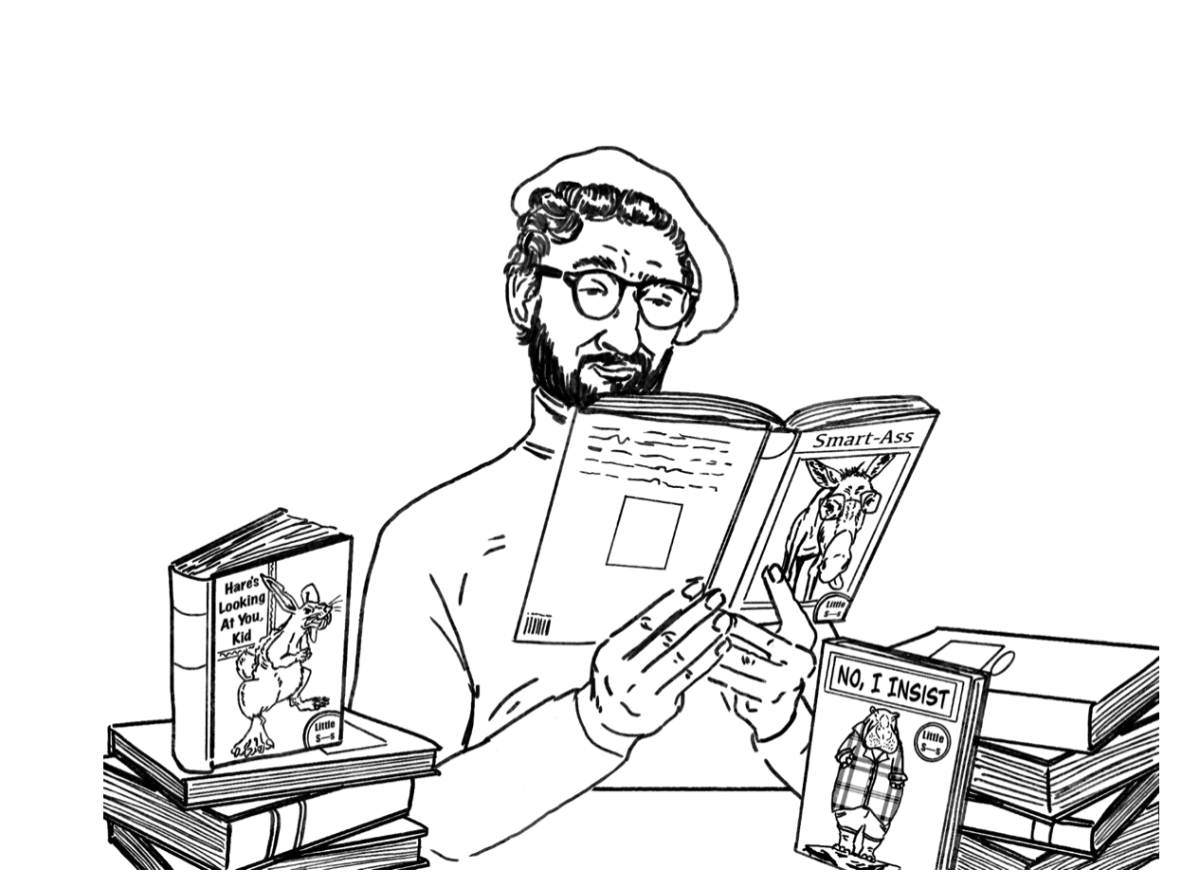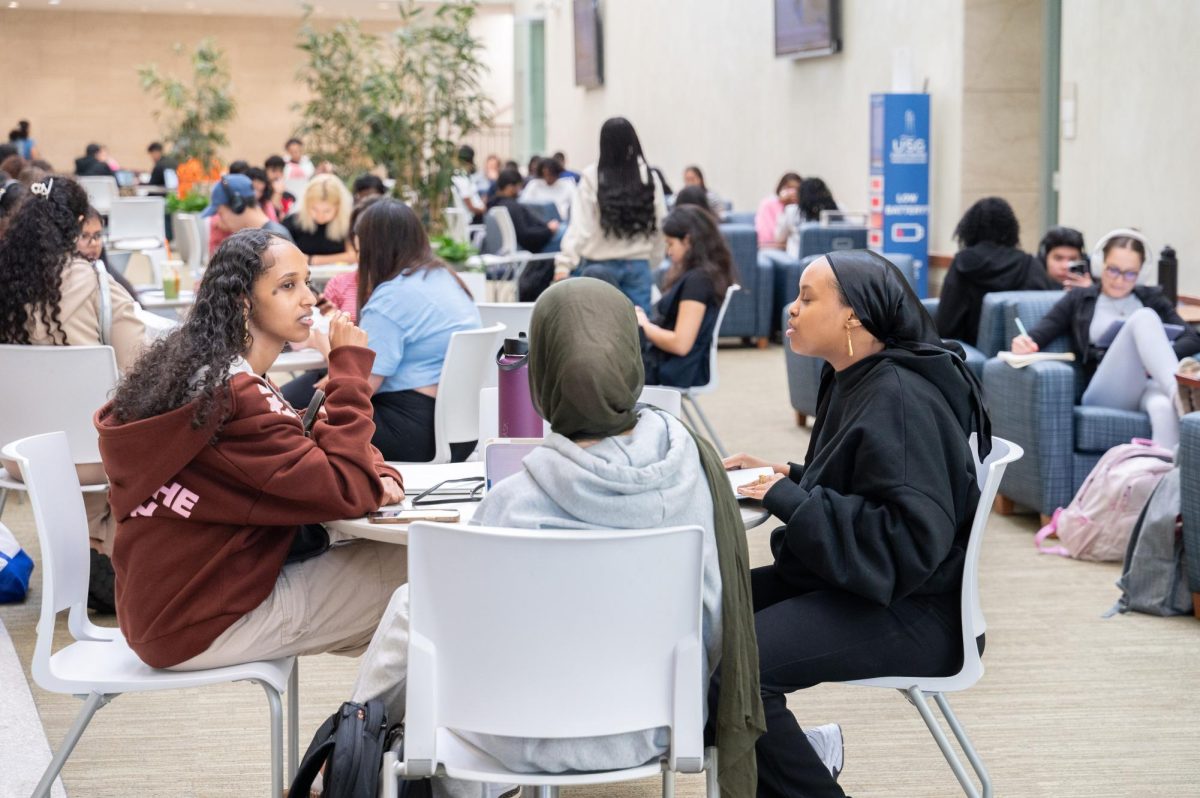**Disclaimer: Houselessness is the appropriate term to use, not homelessness. Boston is home. Those without housing may not lack a “home.”**
Houselessness is not invisible in Boston. We’ve all driven through the Boston Medical Center area, with our eyes glued to those who live on the sidewalk. Tourists gawk at those affected by the opioid epidemic and locals turn their heads—desperate to ignore the person panhandling at the red light. We make houselessness invisible by our actions, or lack thereof. In our hyper-individualistic society, we are socialized to practice conditional empathy. This is a way of thinking that it is appropriate to reserve our pity, compassion and care for those who we believe deserve it. It is as clear as day that those who are houseless are not recipients of this empathy. We alienate and look down upon those that struggle with substance abuse, unemployment and mental health crises. It is a learned, collective effort to withhold compassion from our world’s most vulnerable groups.
How does this conditional empathy develop in our society? It, in part, stems from experiences during our most formative years. When a child stops and stares or points at someone who appears to be houseless, their parent immediately pulls them away. They are told to not look at that person, that it is rude to stare. The child notices the look of disgust on their parents face and internalizes this sentiment: It’s just better to ignore these things. We can look, feel gratified that it’s “not us” and move on. It’s easier to pin the blame on the person struggling publicly rather than addressing our inner biases.
Many insist that they don’t have sympathy for the houseless because they “choose” to be in that situation. But how does one know that? It does not matter what circumstances or actions resulted in a person being unhoused. If someone began experiencing houselessness involuntarily, then we should shift our attention to the systemic reasons at fault. Was this person yet another victim of the opioid crisis? Did their past trauma and struggles with mental health create instability in their life? Did the crushing forces of capitalism strip them of their home? If someone is “choosing” to be houseless, it is more appropriate to ponder why they would rather live that way.
Having this discourse is the first step on the path toward processing radical compassion. Radical compassion is the antithesis of conditional empathy—it is a comprehensive inner dialogue that we must begin to have. It is replacing feelings of disgust when we see someone slumped over on the train with concern. It is the act of not ignoring the person panhandling at Downtown Crossing, but rather making eye contact and giving what you can. It’s resisting calling the police based on feelings of being uncomfortable around a houseless person. It’s questioning why the police should even respond to public mental health and drug emergencies. And above all, it is rejecting a disgusting societal lie: The houseless are undeserving of being seen as human. As long as we accept this falsification, we permit the continued oppression of one of the world’s most vulnerable groups.
Boston belongs to us all. Not having the financial ability to own or rent a home does not make a person any less of a member of our community. Battling significant mental health issues or constantly fighting substance abuse doesn’t revoke one’s connection to this city. Those of us who are privileged enough to have stable housing and good health should be able to see this. Any and all personal and political action taken to address Boston’s housing crisis should begin with this reckoning. We are all Bostonians, and each member of our community bolsters the rich fabric of our city’s society. Hence, none of us have the right to withhold compassion from members of our population that struggle in plain sight.
If we start to replace our conditional empathy with radical compassion, we can stop trying to erase houselessness from our minds and daily lives. This would open the door to more creative, accommodating and community-based initiates designed to acknowledge and assist those in need. Ultimately, practicing radical compassion releases us from the binds of capitalistic, individualistic thinking and opens up new possibilities for our future. It is my hope that we can live to see a time where we all have what we need. A time where the comforts of having a home are stable and completely accessible to all.




